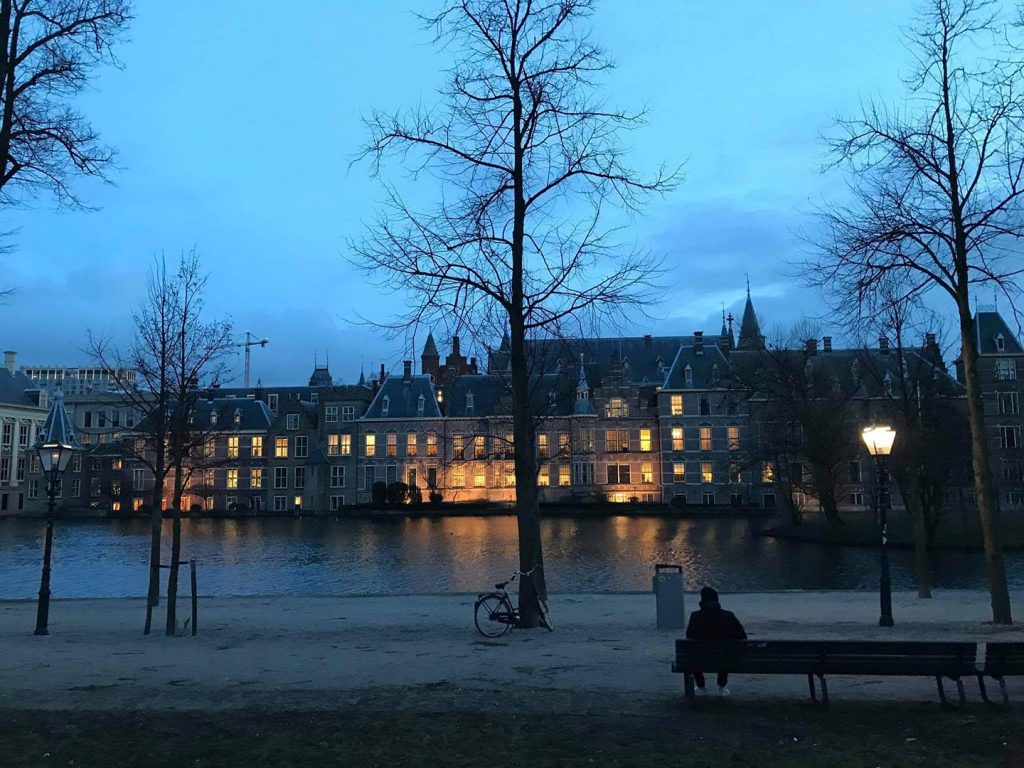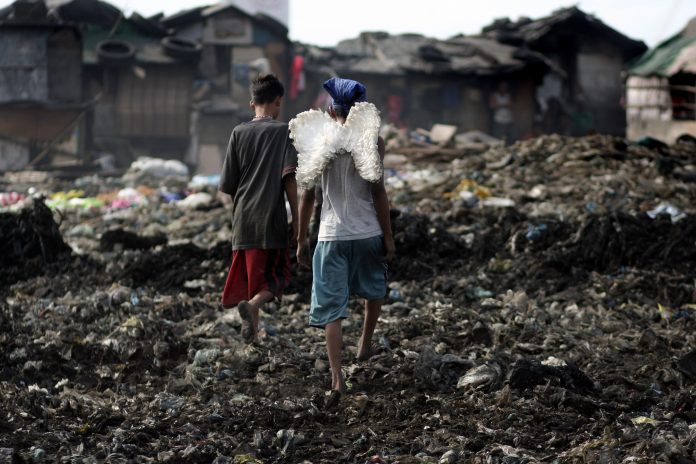The character in focus in today’s Gospel reminds me of a song sung by the Beatles, entitled “All the Lonely People.” The song was composed by Paul McCartney in 1966. It speaks about people who live lives of solitude.
In the first verse, it talks about a woman named Eleanor Rigby, “wearing the face that she keeps in a jar by the door.” And he asks, “Who is it for?”
I am not sure what he means by that; but I know that jars are used for preserving foods like jams and pickles for many years. Has Eleanor tried desperately to preserve her looks, but kept herself far from the reach of men?
I think he describes Eleanor as a woman who lives in regret because she never dared to enter into a committed relationship. But she goes to a Church “where a wedding has been” and “picks up the rice” that has been showered on a newly married couple for good wishes.
I imagine her scooping the rice in her hand, bringing it home with her and dropping the grains bit by bit on the way. McCartney says she “lives in a dream and waits by the window” as if the lover she wished she could have would just show up one day and ask for her hand. What a lonely life.
The second verse is about a priest named Father McKenzie, whom McCartney also includes among his “lonely people.”
I have a feeling that he has misunderstood the priest’s solitude. He says Father McKenzie just keeps “writing the words of a sermon that no one will hear.” Meaning, he just keeps faithfully preparing his homily each day, not minding at all if nobody might even care to listen to it. I am amused by his description of this priest, “darning his socks in the night when there’s nobody there,” obviously because he has no wife to do it for him.
For McCartney, both Eleanor Rigby and Father McKenzie fit the description of “lonely people.” And yet in his refrain, he doesn’t seem sure; he’s wondering and asking himself “All the lonely people, where do they all belong? All the lonely people where do they all come from?”
I wish he had read today’s Gospel which illustrates two different kinds of solitude: that of the man with leprosy, and that of Jesus. I wonder if it would be right to call them both “lonely people.”

People afflicted with leprosy were treated as outcasts in the time of Jesus. People threw them out of their towns and villages for fear that they might infect the whole community. You heard it in our first reading today from the book of Leviticus. The writer describes how the carriers of this dreaded disease were supposed to conduct themselves.
This is the ancient version of today’s IATF protocol. The infected one was obliged to go into self-isolation, keep distance from people, “muffle his beard” (meaning, wear a mask). He was supposed to expose the sores on his body by tearing his garments. If anyone came near him, he was supposed to warn him by shouting: “Unclean! Unclean,” the equivalent of “Infected! COVID positive! Don’t come near me! Don’t touch me!”
The penalty for protocol violation was of course much more cruel and severe during those times; the violator could be stoned to death if he even dared to come near people or even touch them. It wasn’t just the infection that people were afraid of; it was rather the curse that they believed went with it the disease, which they considered a punishment for sins.
But I am inclined to that think this man has had enough; he did not care anymore about breaking the law or being stoned to death. He has been alone far too long, away from his family and loved ones, away from his community. Like any normal human being, he was also already longing for company, for human touch.
He must have observed this man whom people called Jesus coming to a deserted place like where he was, although he had no leprosy. He must have heard that this preacher from Nazareth was different from the Pharisees. This one not only refused to judge sinners and dared to forgive their sins; he even befriended them. He must have followed him and watched him up close until he mustered the courage to do what lepers were strictly not allowed to do. He dared to draw near and approach him.
Perhaps he was just trying his luck; he knew that most others would run away the moment they realized they were anywhere near a person with leprosy. But to his surprise, this one does not run away. He just stands still and allows the leper to come near him.

Take note of his request: he does not say “If you will to do so, You can heal me.” Rather, he says, “You can make me clean.” I think he was begging to be forgiven of the sins that he believed were the reason why he was suffering from this dreadful disease. But Jesus gave him more than a word of forgiveness. He knew that this man was longing for a human touch, perhaps a simple pat or a hug. Who knows it was all that he was really asking for.
And Jesus responds quickly. He says, “I do will it, Be made clean!” Not only does he touch the man, he literally pulls him out of his solitude of isolation to allow him to worship again in the temple, to bring him back to his family and to the community from which he had been detached too long.
You might be wondering what it was that had occasioned the encounter between the leper and Jesus. My answer is, their shared SOLITUDE. You see, there are two kinds of solitude: the solitude of ISOLATION, which Paul McCartney calls the solitude of LONELY PEOPLE, like that of Eleanor Rigby.
But there is a second kind: the solitude of COMMUNION. It is not negative; it is positive. It is not about isolation or rejection. And I dare say it is closer to the solitude of Father McKenzie, which Paul McCartney could have misunderstood.
The Gospels tell us that Jesus often withdrew into solitude in deserted places, not to be alone, but precisely to have company. It was in these moments of prayerful solitude that he entered into an intimate communion with his Heavenly Father. But then of course, it was also in deserted places, in the margins of society where he met the people who have been excluded, rejected, abandoned, and forsaken by society. They are the ones McCartney calls the “lonely people.”
Isn’t it wonderful to realize that it takes one kind of solitude to heal another? Jesus, the man of spiritual solitude deliberately sought out those who lived in isolation, like the man with leprosy. He represents a solitude that heals. His touch has such a wonderful effect on the one who suffers the solitude of isolation. It restores his wholeness and brings him back to the community.
McCartney’s song asks in his refrain, “All the lonely people, where do they all come from? All the lonely people, where do they all belong?”
We can answer his questions by saying, some of them come from God; their solitude has the power to heal and restore people. And the others, where do they belong? They belong to no one; their’s is a solitude of isolation, exclusion, rejection.
Sometimes, it does not take much to liberate lonely people from their solitude of isolation. Sometimes it takes just a little touch, perhaps a reassuring pat, or a warm hug, or a caring word from one like Jesus who knows where all lonely people come from and where they all truly belong.
Homily of Bishop Pablo Virgilio David of Kalookan for the 6th Sunday in Ordinary Time, February 14, 2021, Mk 1:40-45









